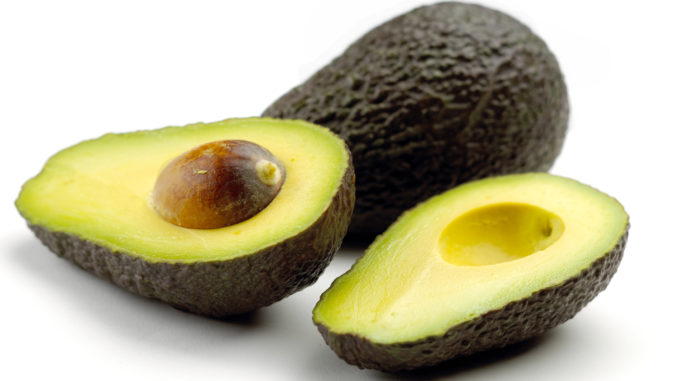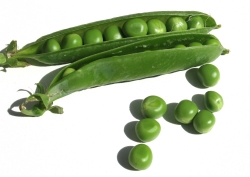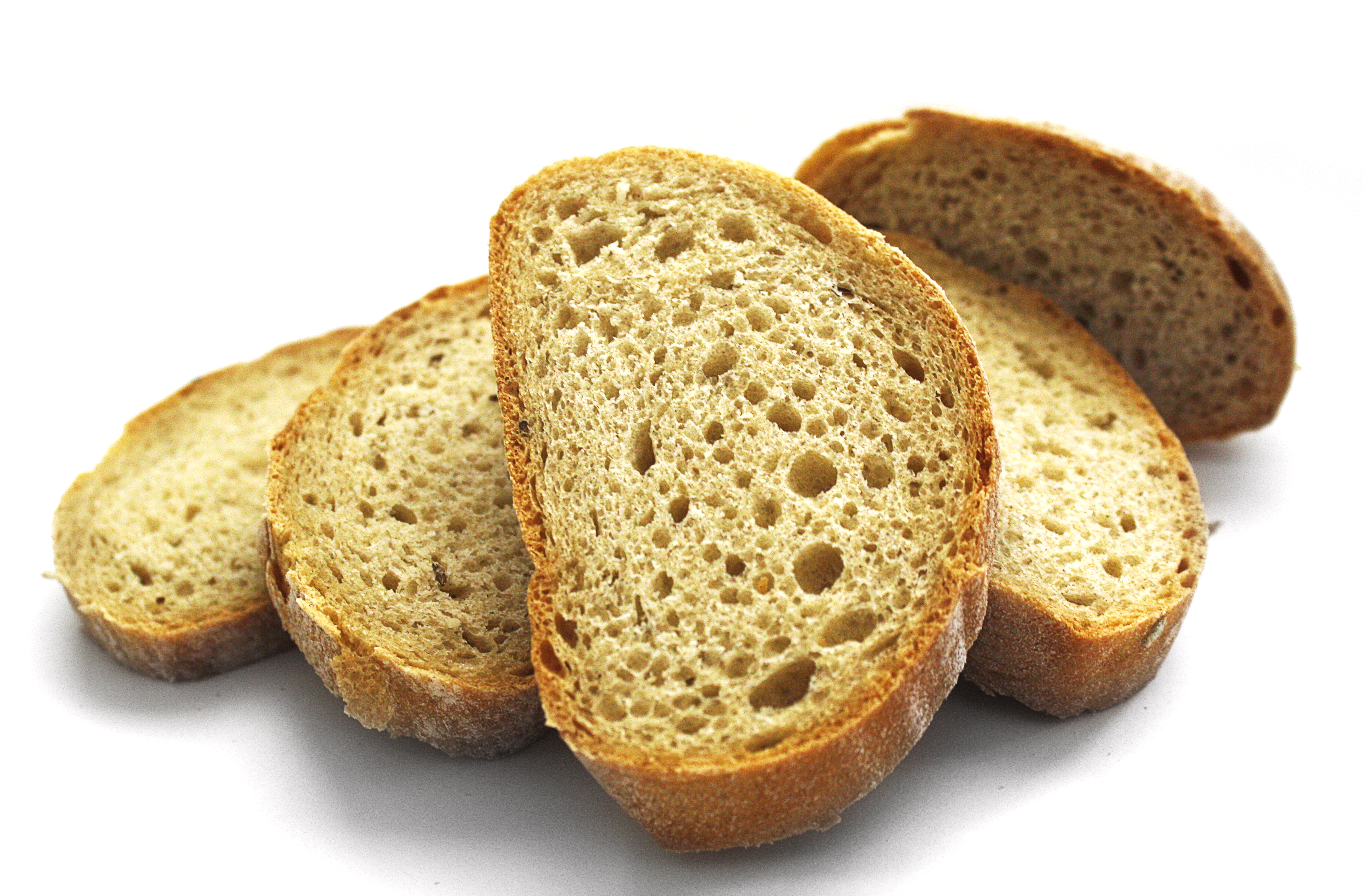
Overview of Vitamin A
If you’re looking to improve your overall health and take steps forward to create a diet that not only fosters a healthy body weight but also promotes good health, taking note of the vitamin A foods that you should be eating is imperative to success.
Many people get very caught up in thinking about the specific macronutrient breakdown of the foods they eat – the protein, fat, and carb content of each food consumed, but then fail to pay any attention to the vitamins and minerals contained in these foods.
By thinking about the top vitamin A foods that you can add to your diet you can feel good that you’re not only considering macronutrients, but micronutrients as well.
A List of Foods High In Vitamin A

So which are the best vitamin A foods that you should be consuming daily?
It’s always important that you do make an effort to get your vitamins and minerals from whole foods as much as possible rather than supplementation as these will be absorbed very well by the body and will obviously provide a wide number of other nutrients as well.
The Top Foods That Contain Vitamin A Include:
- Apricots
- Avocado
- Beef liver
- Broccoli
- Cantaloupe
- Carrot juice
- Carrots
- Cod liver oil
- Dairy products
- Eggs
- Fish
- Green leafy vegetables
- Instant oatmeal
- Kale
- Liver
- Milk, fortified
- Papaya
- Peas
- Prunes
- Spinach
Vitamin A foods are very highly concentrated in the fruits and vegetables category of food groups so this is definitely where you want to place a large amount of your focus. Liver is the highest vitamin A source when it comes to animal products but milk also ranks up there as being a top choice as well.
This is especially helpful since milk is also a great for its calcium content, so it’s one food that will definitely help to promote strong bones over the long term.
So there you have the main vitamin A foods that you need to know about and everything that this vitamin will offer you. For maximum health support you do want to be make sure that you’re getting enough of these foods on a daily basis.
Due to the fact that it is stored in the fatty tissues however, if you do have a few days where you are low in your intake, don’t stress as the body will have built-up reserves to call upon.
As long as your overall intake tends to be where it needs to be, you’ll be doing everything possible to create good health as far as this vitamin is concerned.
Symptoms of Vitamin A Deficiency
The following is a list of vitamin A deficiency symptoms:
- Acne
- Dull Hair
- Dry Skin
- Eye infections
- Fatigue
- Insomnia
- Poor nails
Possible Side Effects From Too Much Vitamin A Supplementation
Prolonged excessive vitamin A supplementation may result in the following symptoms:
- Dry Skin
- Irritability
- Hair loss
- Cracks at the corner of the mouth
- Head aches
These symptoms will disappear quickly when supplementation is stopped.
Why We Need Vitamin A
Vitamin A was the very first fat soluble vitamin that was ever discovered, which means that this vitamin will be stored in your body fat after consumption.
Because of the fact that it is fat soluble, this makes vitamin A foods toxic if consumed in very high levels. The vitamin will eventually build up to very high proportions in the body, unlike water soluble vitamins that would just be flushed out in the urine.
Perhaps the most common role of vitamin A foods are to help promote healthy eyesight as it allows the rod cells in the eye to detect small changes of light. This makes it a very essential vitamin to consume in order to promote excellent night vision.
Vitamin A Supports the Immune System
Another important benefit that vitamin A foods will provide is a high level of immune support. Each day your immune system will be taxed by all the various activities you’re doing and vitamin A foods will help to keep you healthy.
Vitamin A will be important for improving the function of the white blood cells, which have anti-viral activity.
Some forms of vitamin A will also act as antioxidants in the body, helping to prevent free radical damage that can set you up for disease.
Vitamin A foods will help to keep the surface linings of various parts of the body including the respiratory system, the urinary system, and the intestinal system healthy as well as help to enhance the mucous membrane function that acts as a barrier to bacteria and viruses that are trying to enter the body.
Finally, one of the last important roles of vitamin A foods in the body is to help to provide maximum bone metabolism, therefore helping to strengthen the integrity of your skeletal system.
Many people often think of calcium as the only ‘bone building’ mineral that’s needed but this vitamin is also going to play a key role as well.
Vitamin A Recommended Daily Amount
Since vitamin A is toxic in high amounts, it’s important to know and understand the recommended daily allowances for it.
The RDA recommends that individuals who are above the age of 14 should consume 3000 IU (international units) for males and 2310 IU for females.
Those women who are pregnant should increase this dosage slightly up to 2500 IU if they’re under 18 or 2565 IU if they’re over and during lactation will require even higher amounts, taking their recommended dosage up to 4000 IU and 4300 IU respectively.
Infants should be consuming much fewer vitamin A foods as they have their daily intake set to 1320 IU for those between the ages of 0-6 months and 1650 IU for those who are between 7 months and one year old.
Children who are ages 1-3 should consume 1000 IU per day while those who are four to eight years of age should aim for 1320 IU. Finally, those who are between the ages of 9-13 will require 2000 IU per day regardless of whether they’re male or female.
So there you have all you need to know about vitamin A and the best food choices to reach the RDA.



Be the first to comment